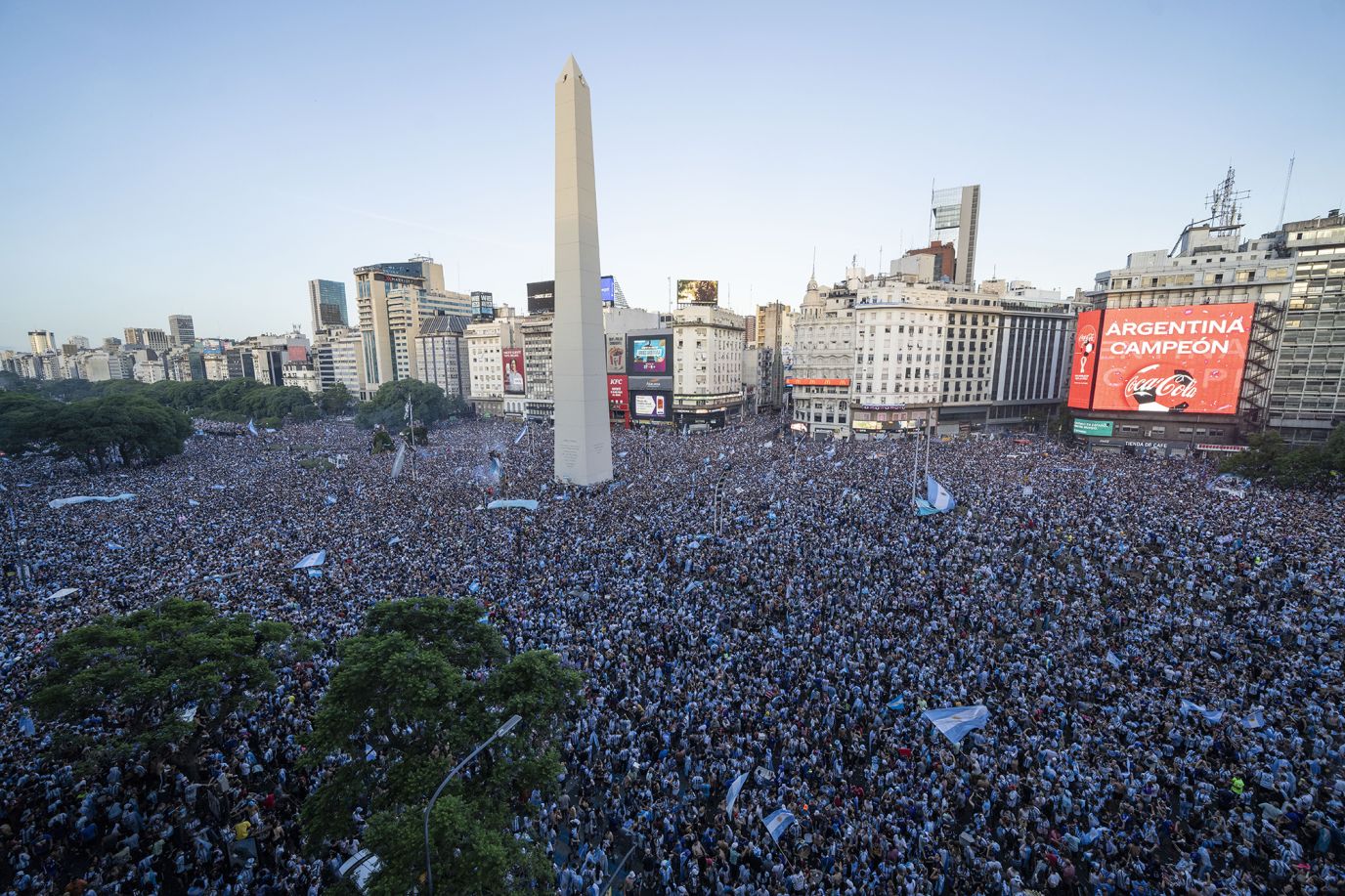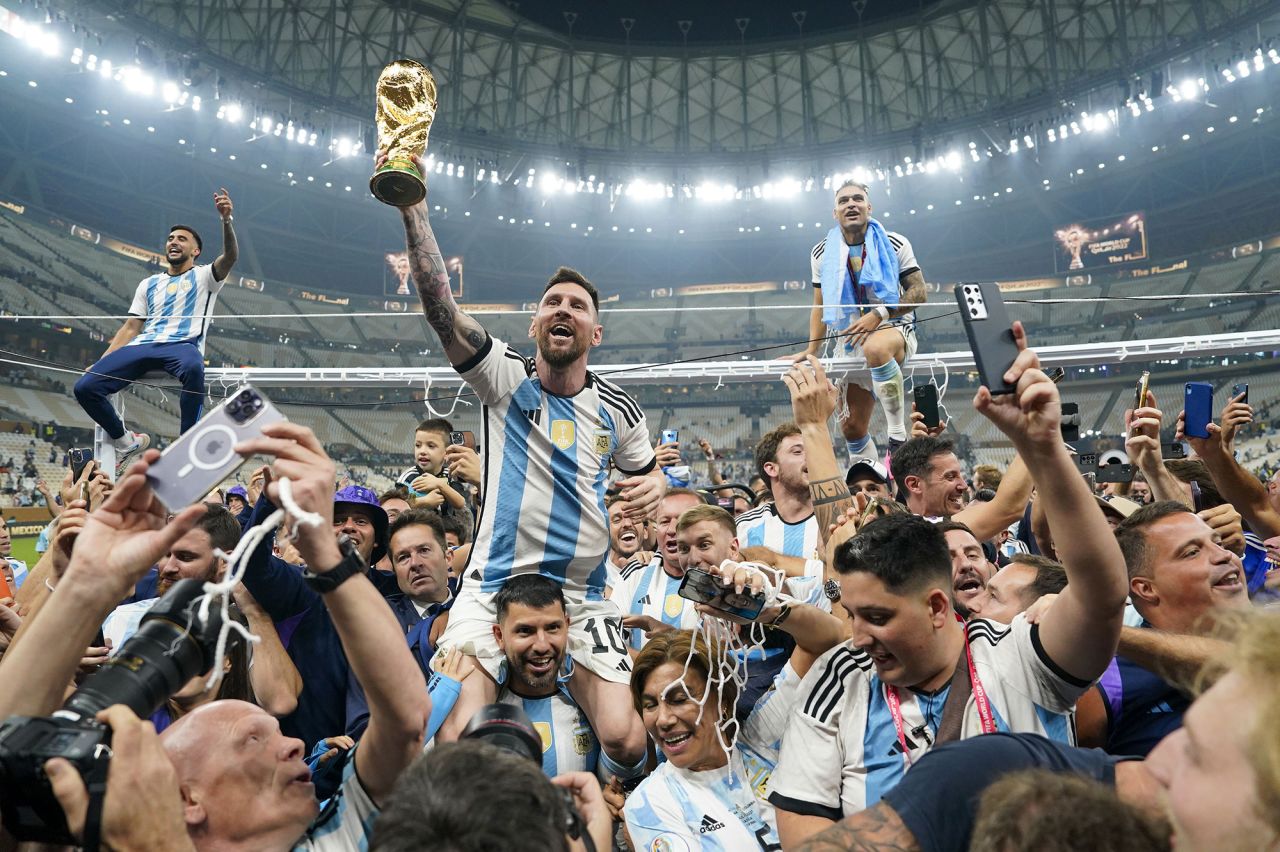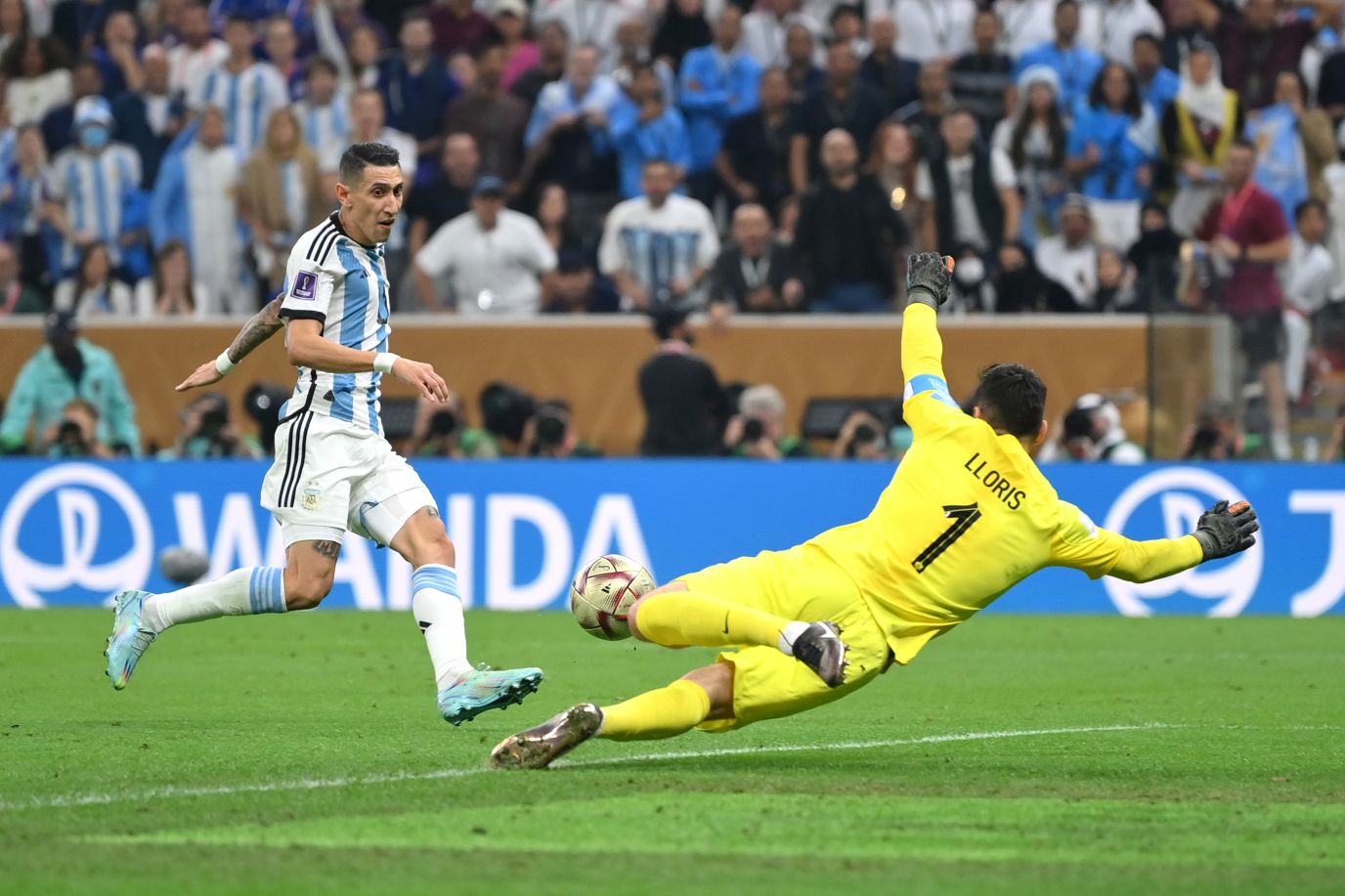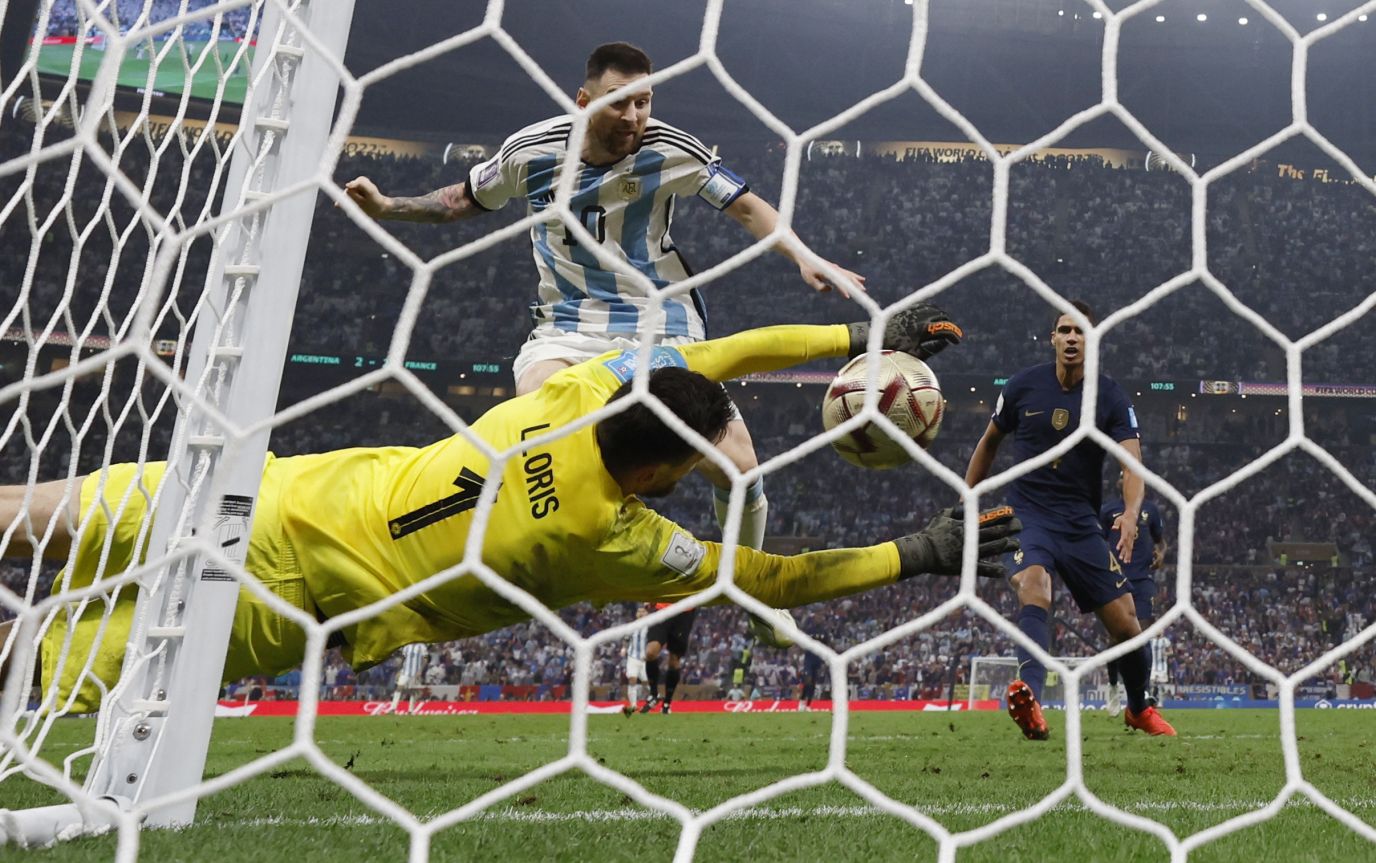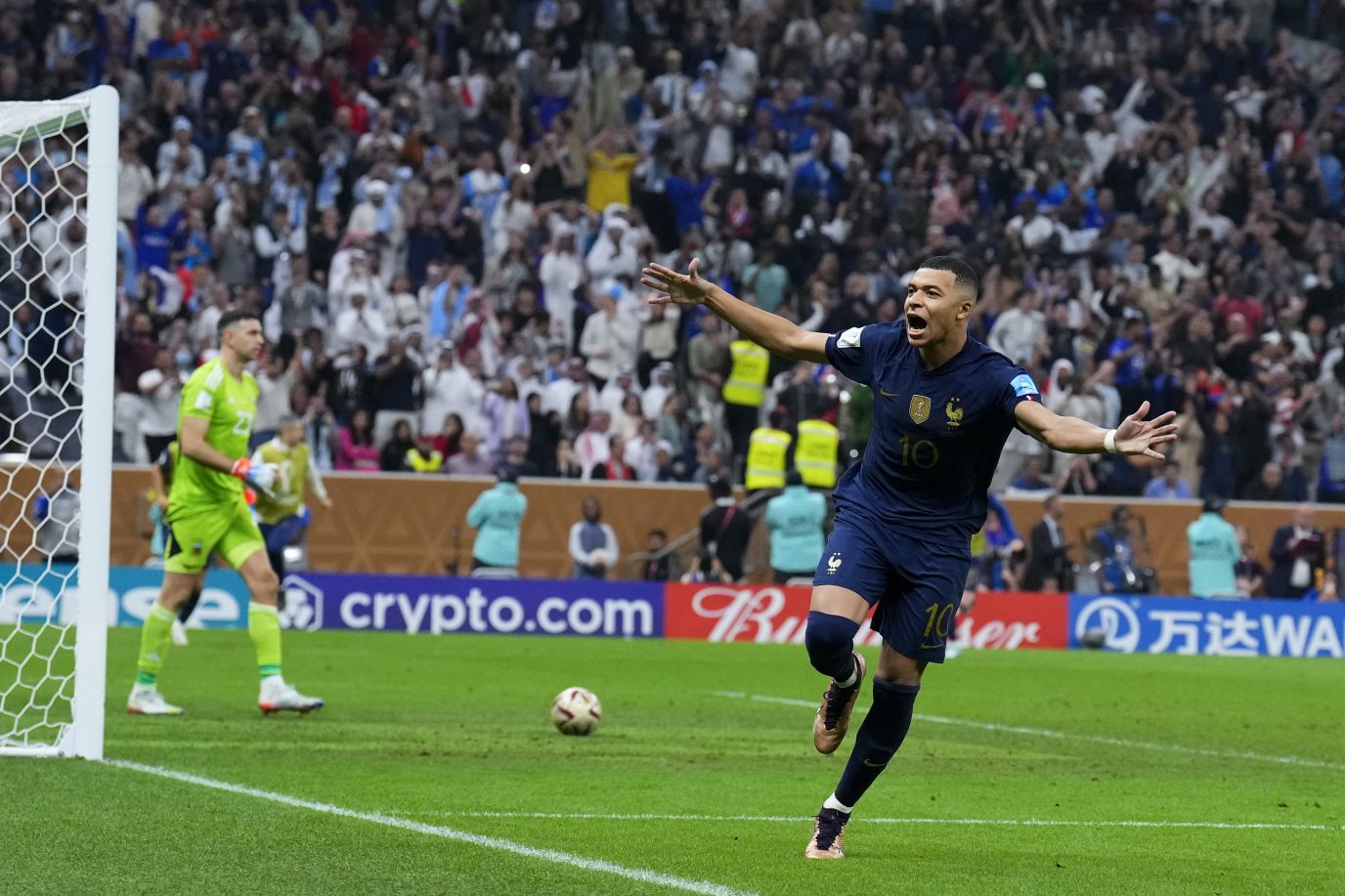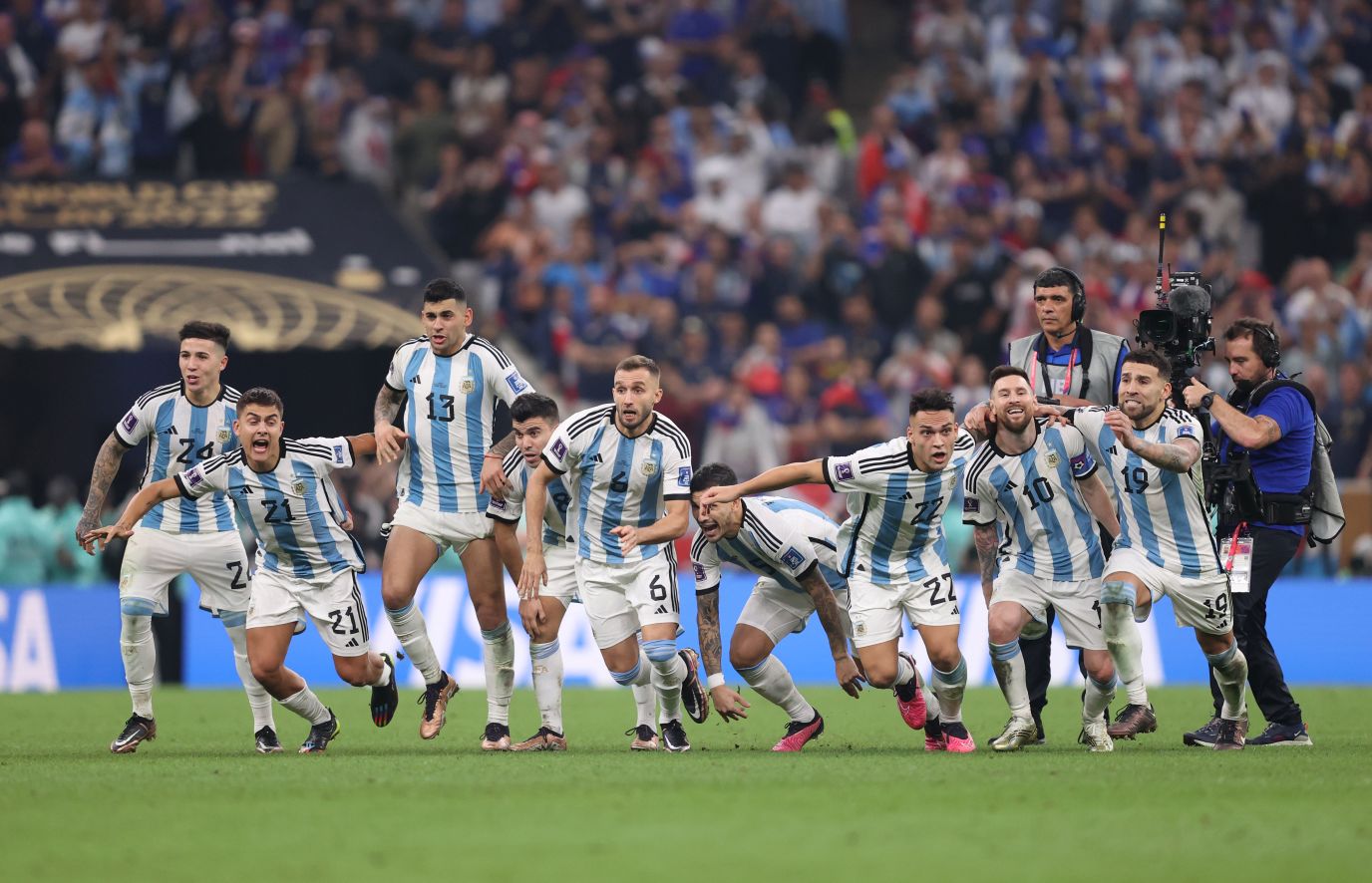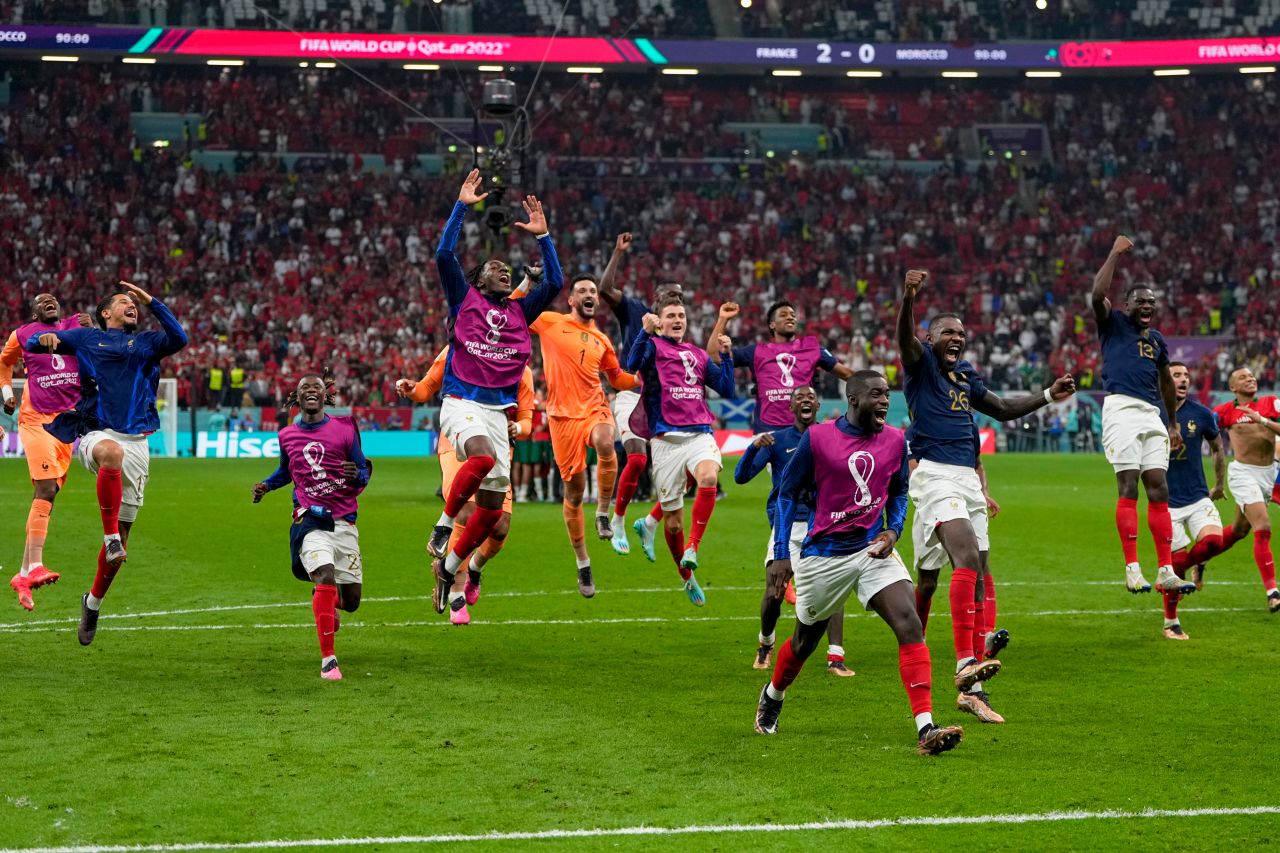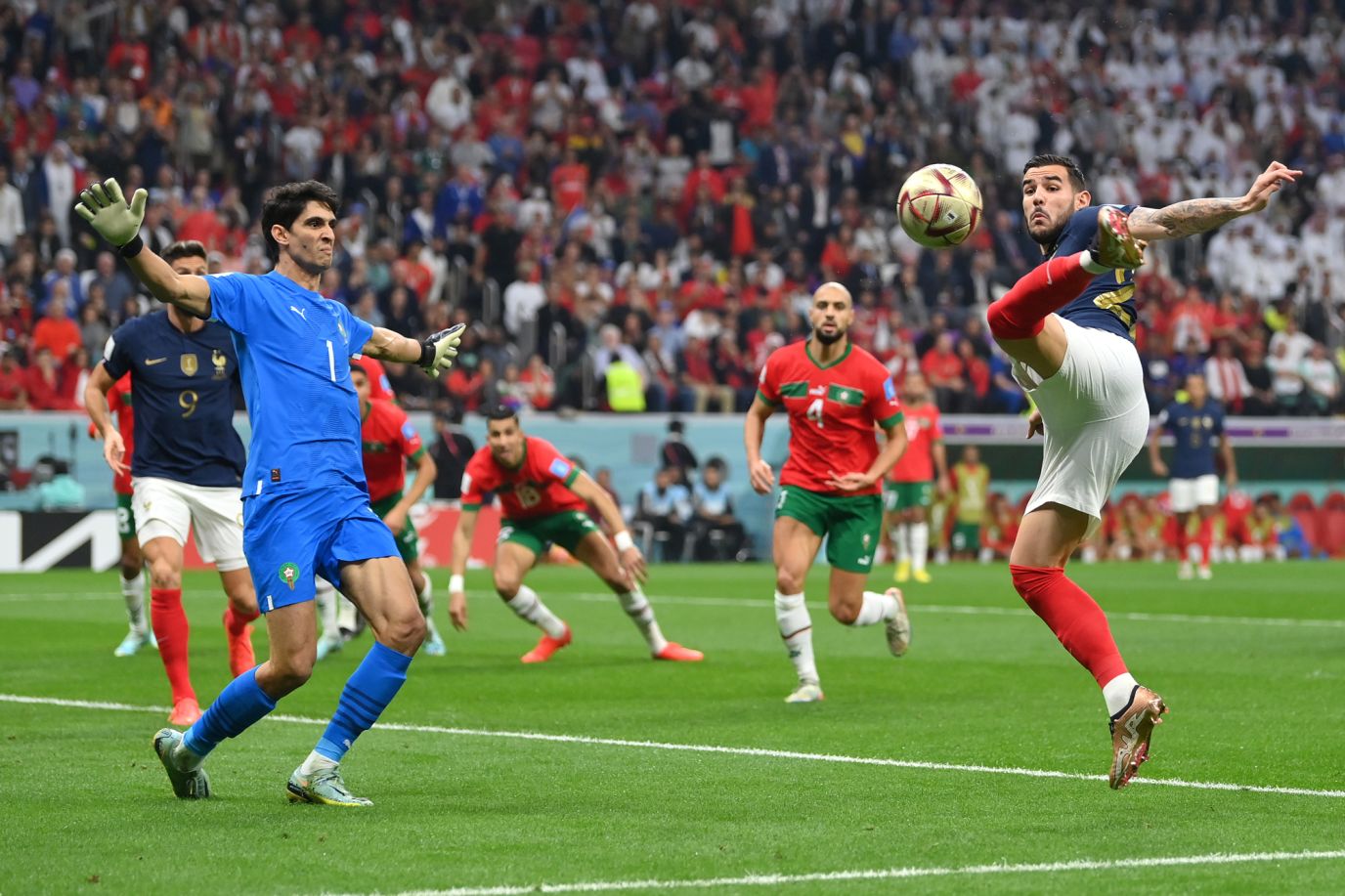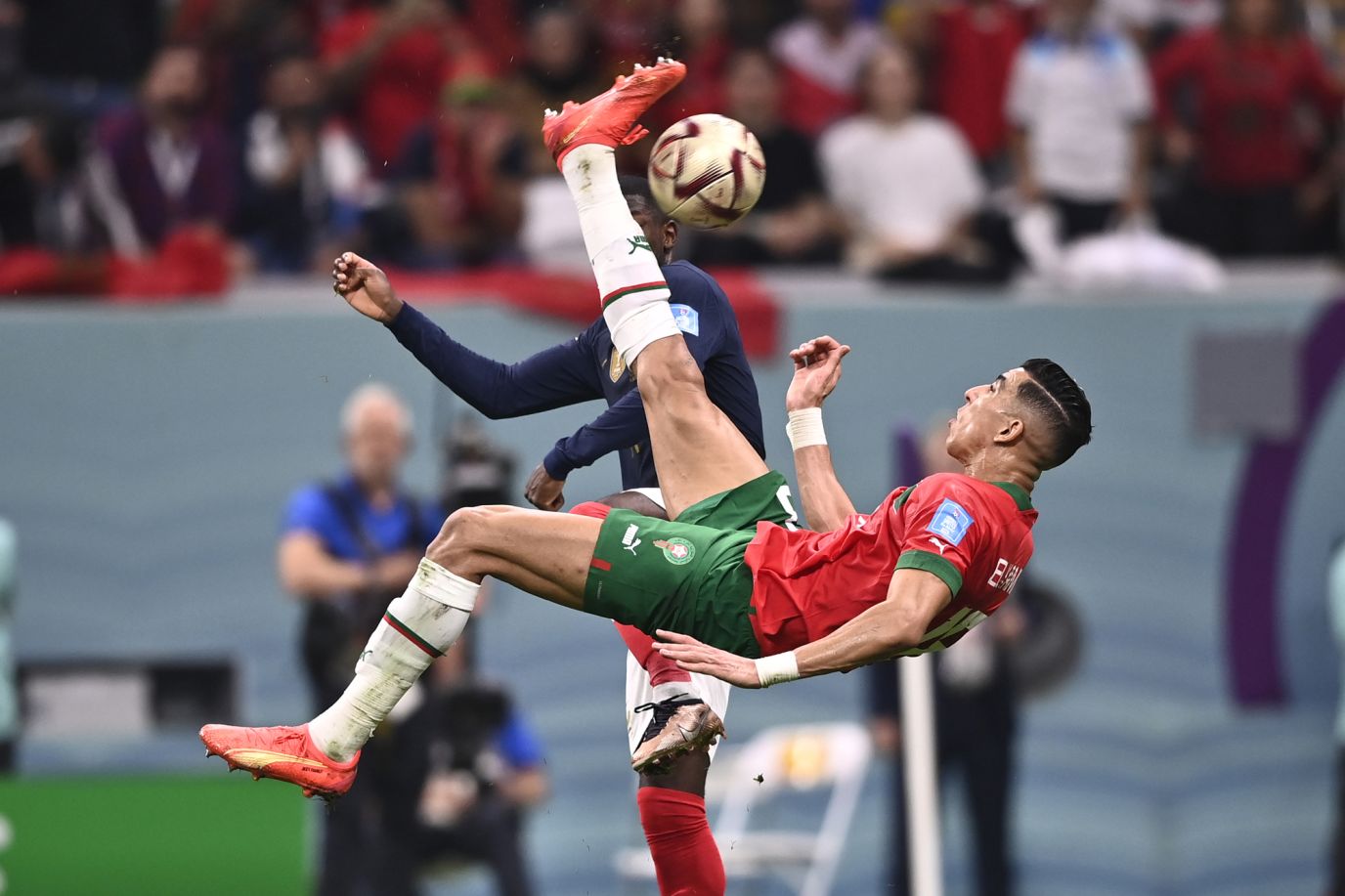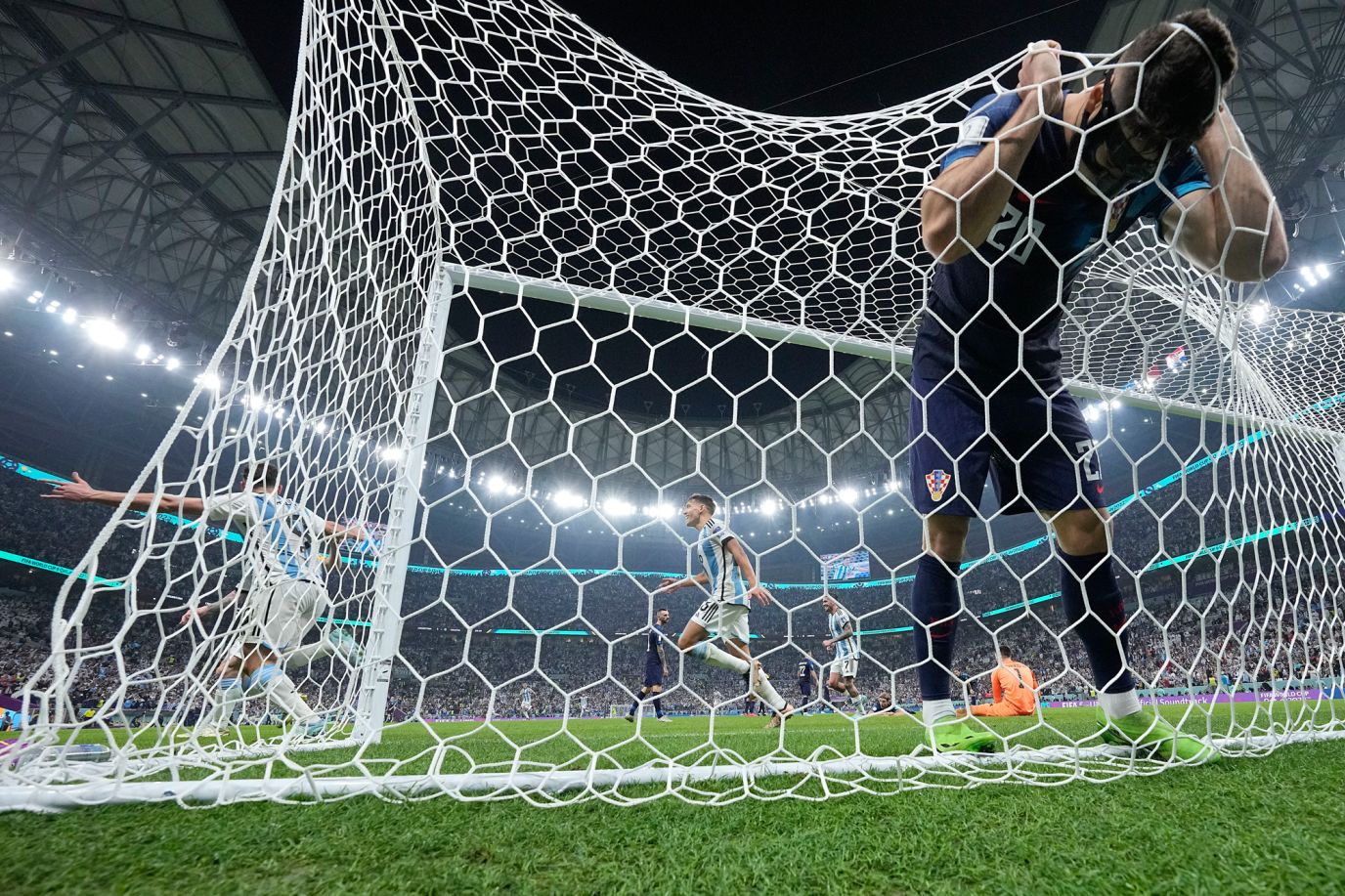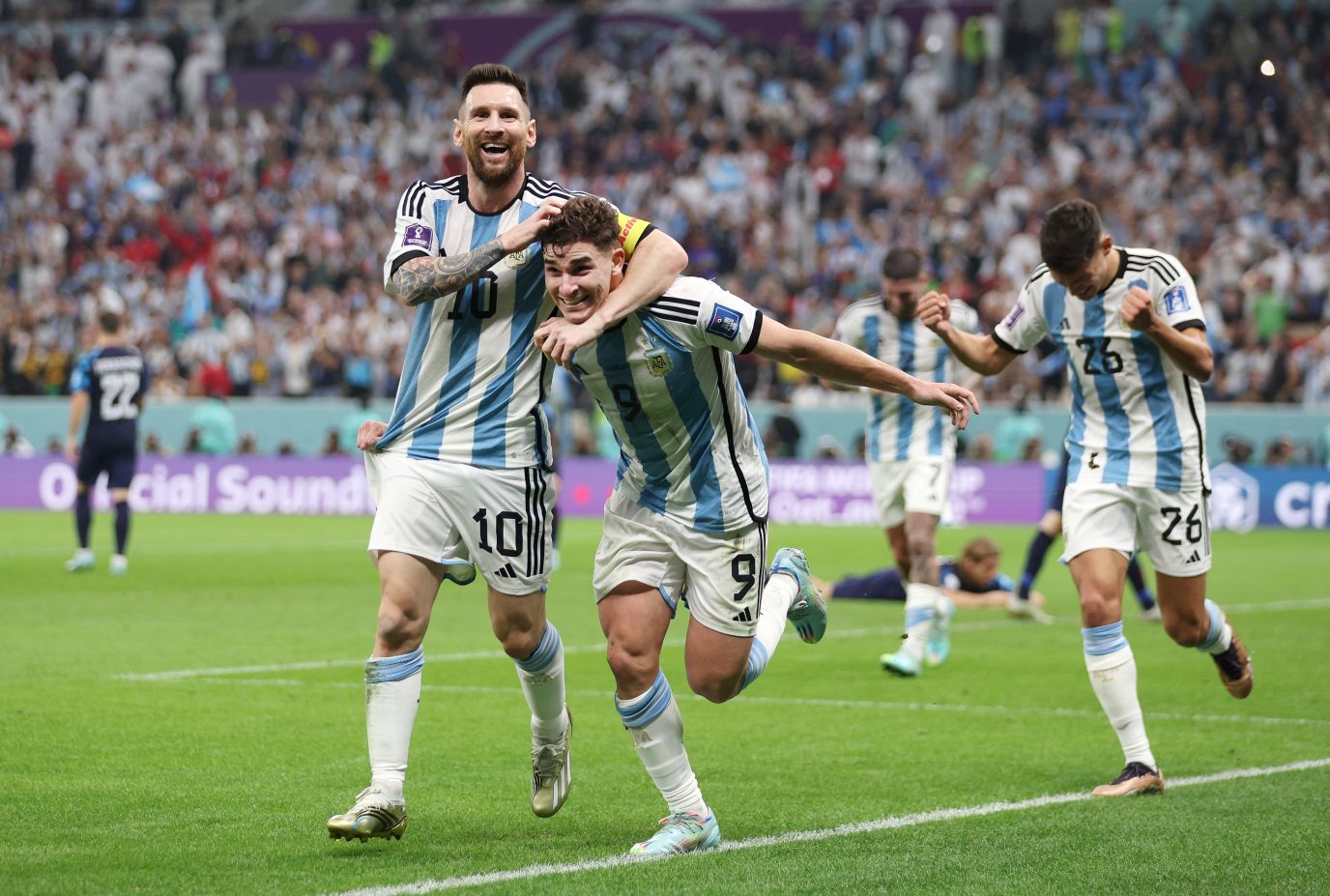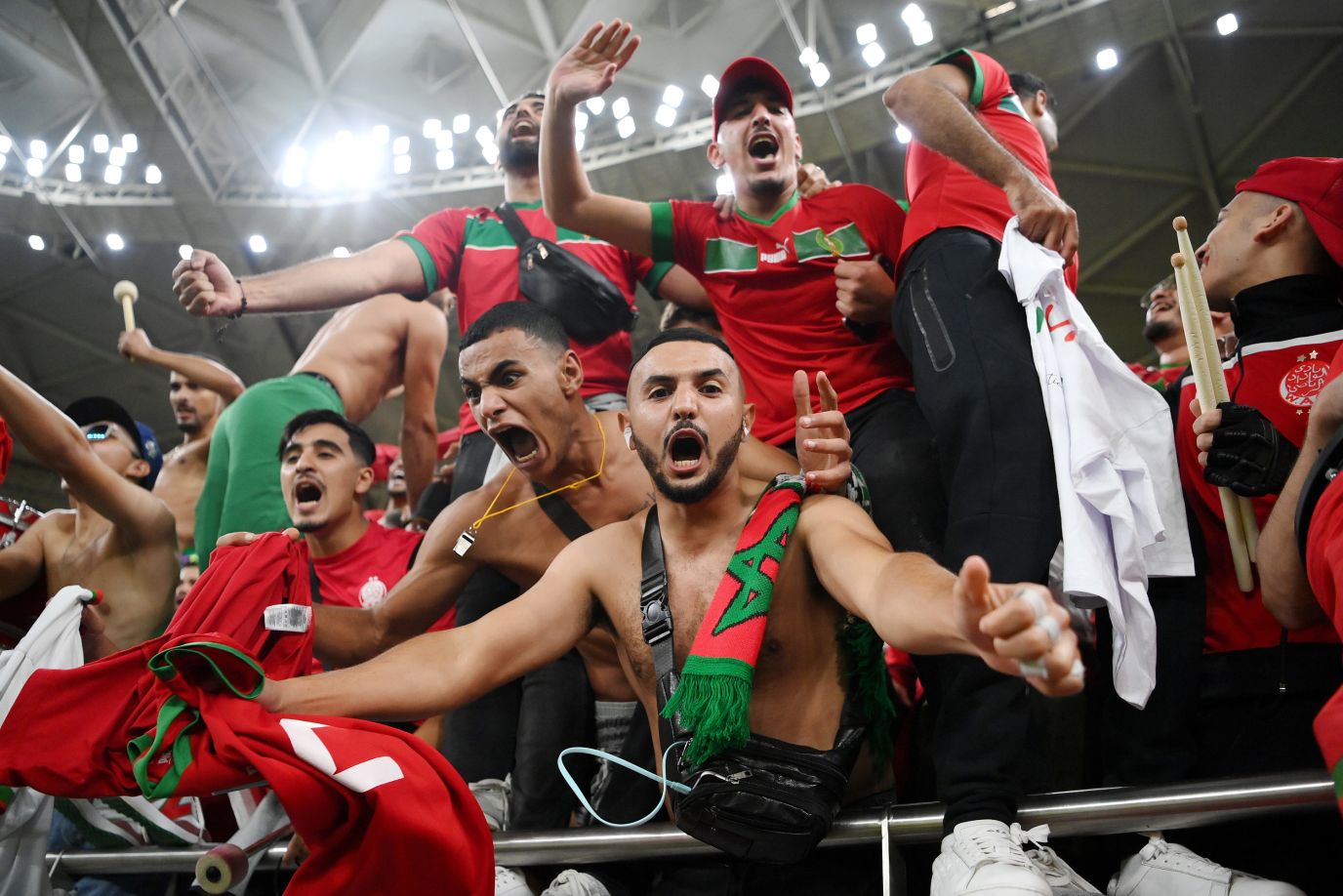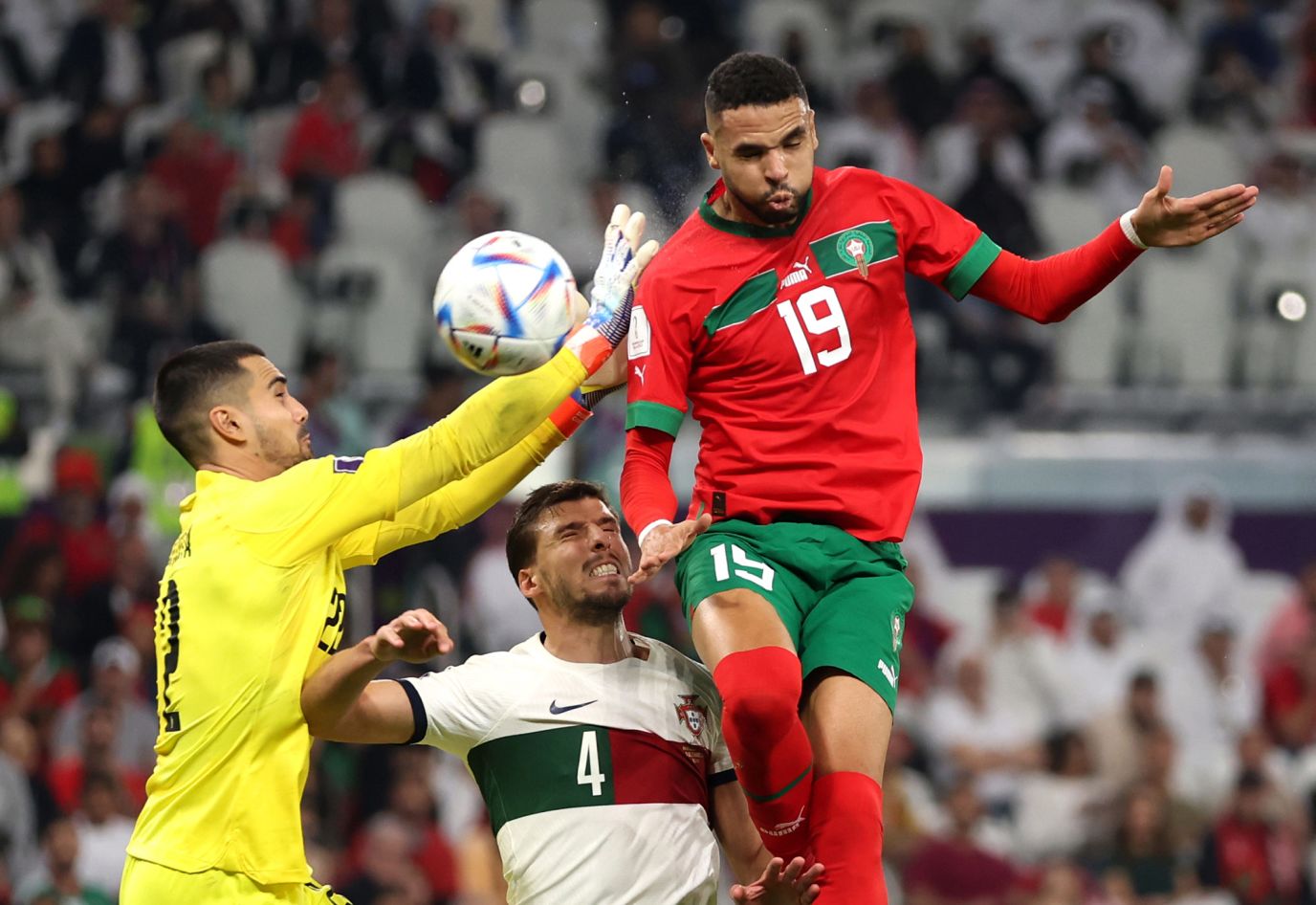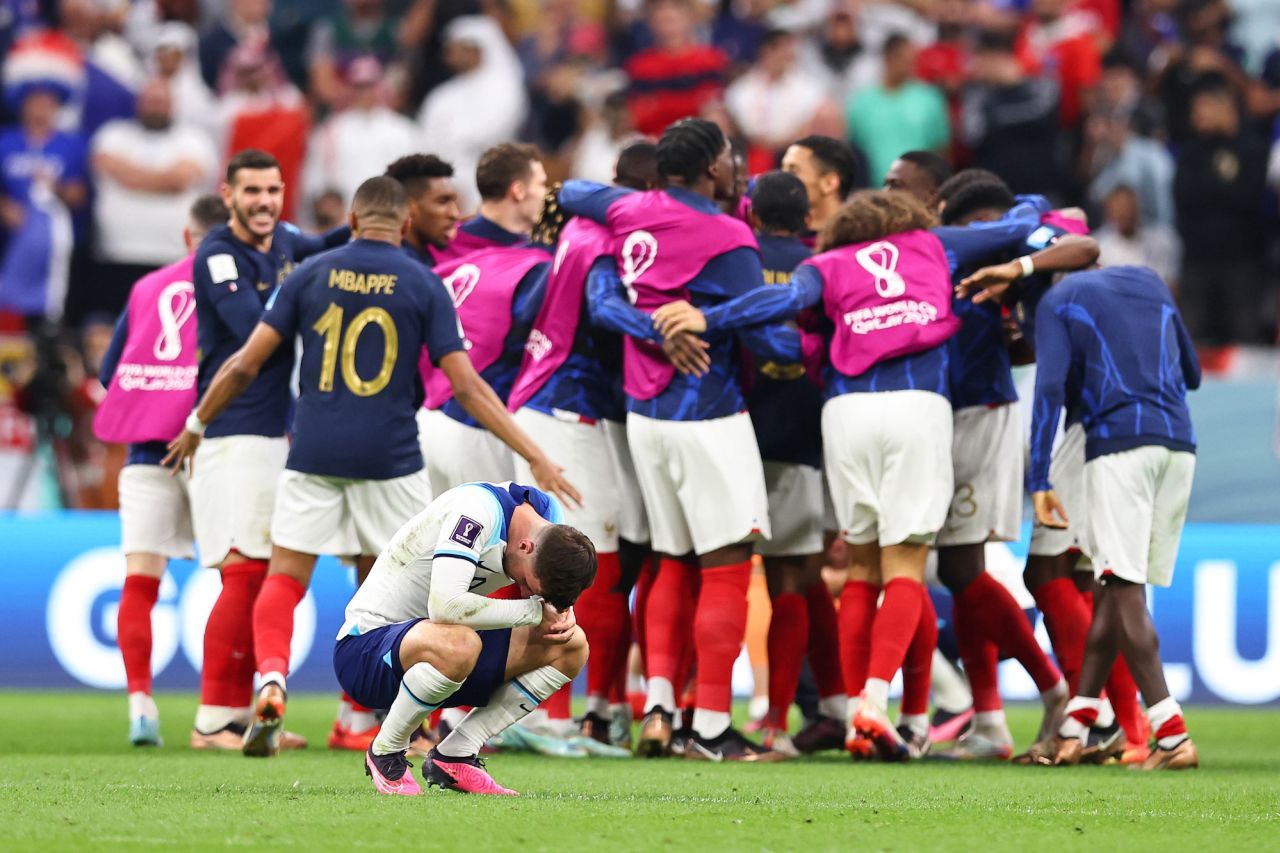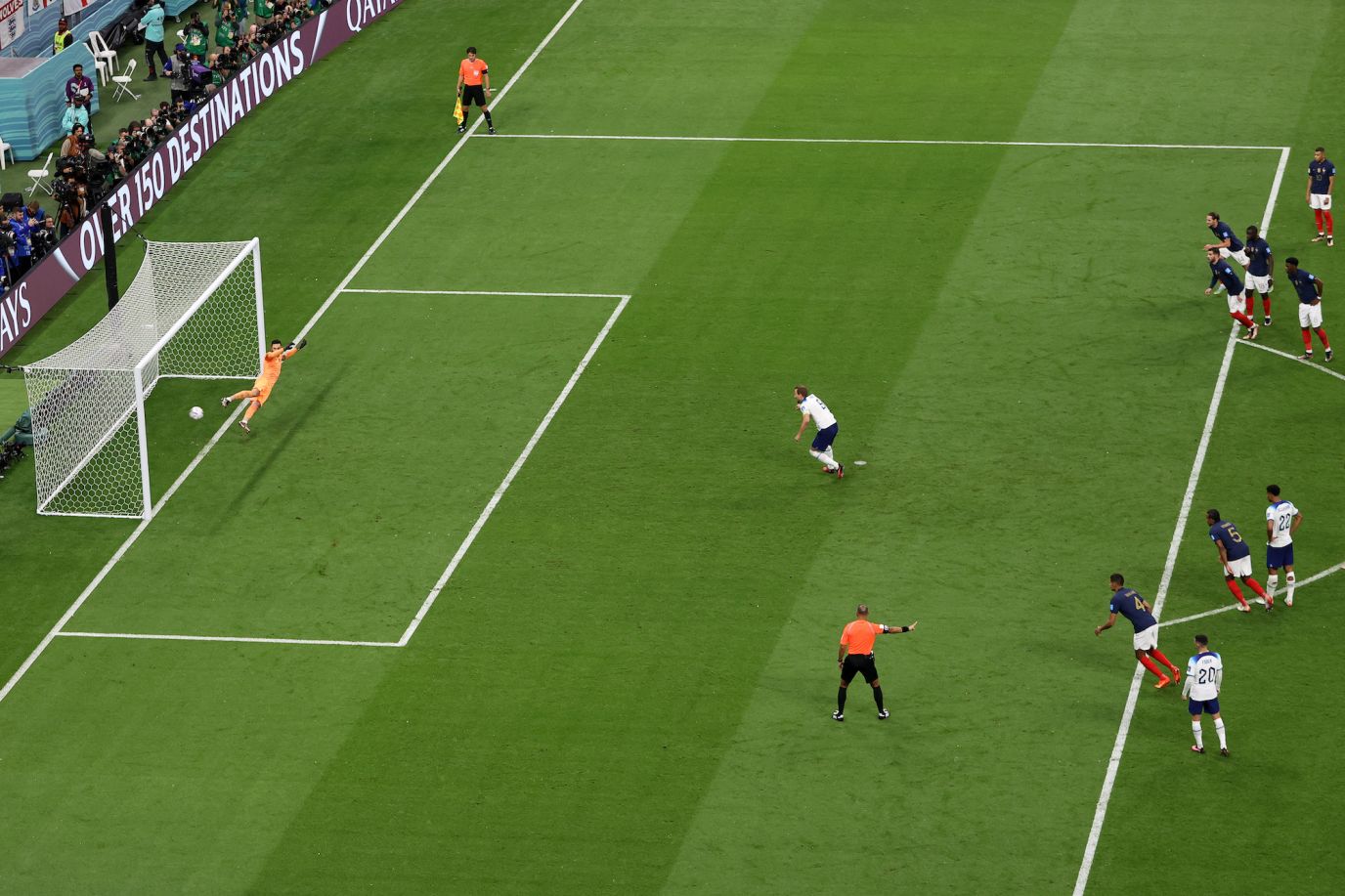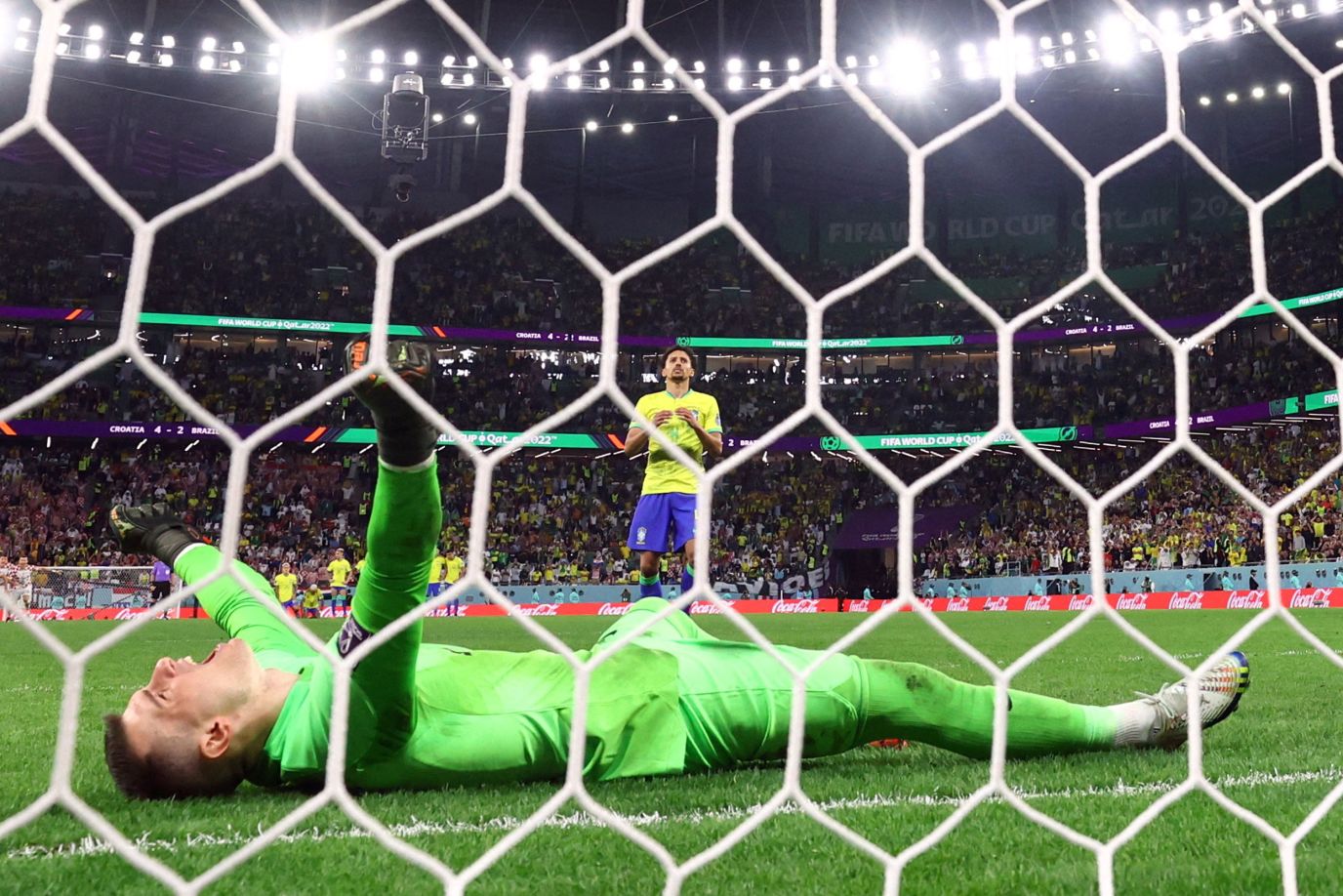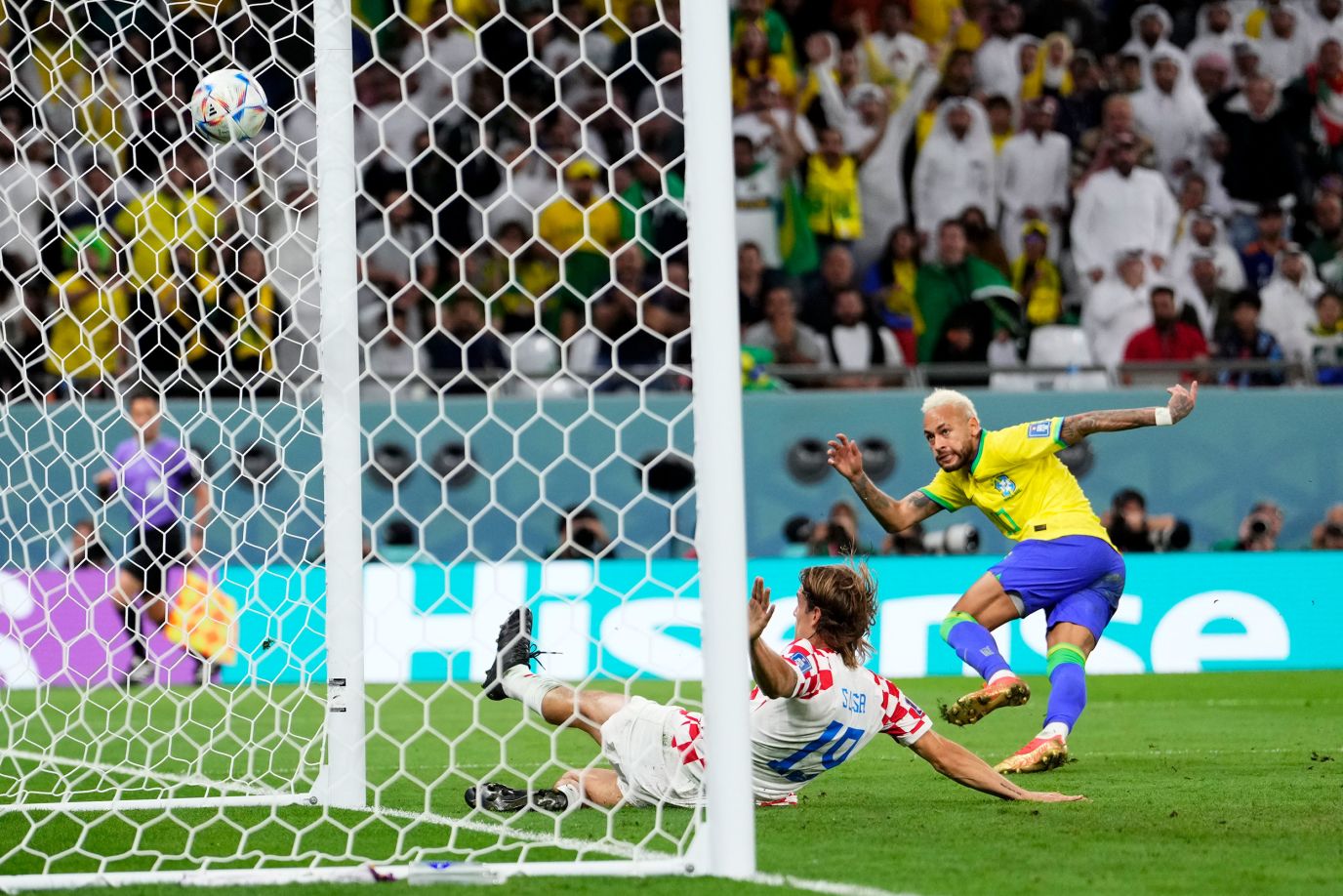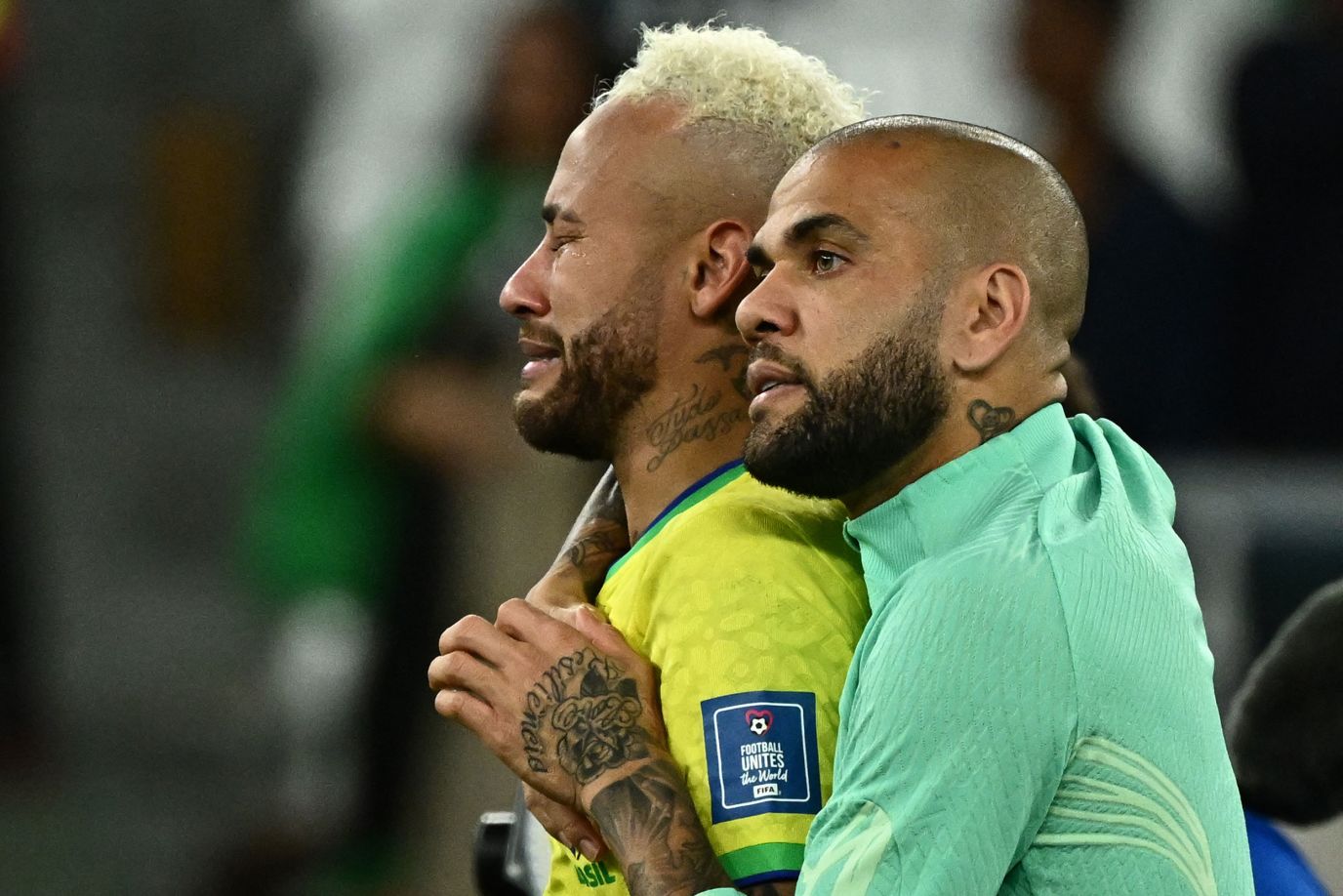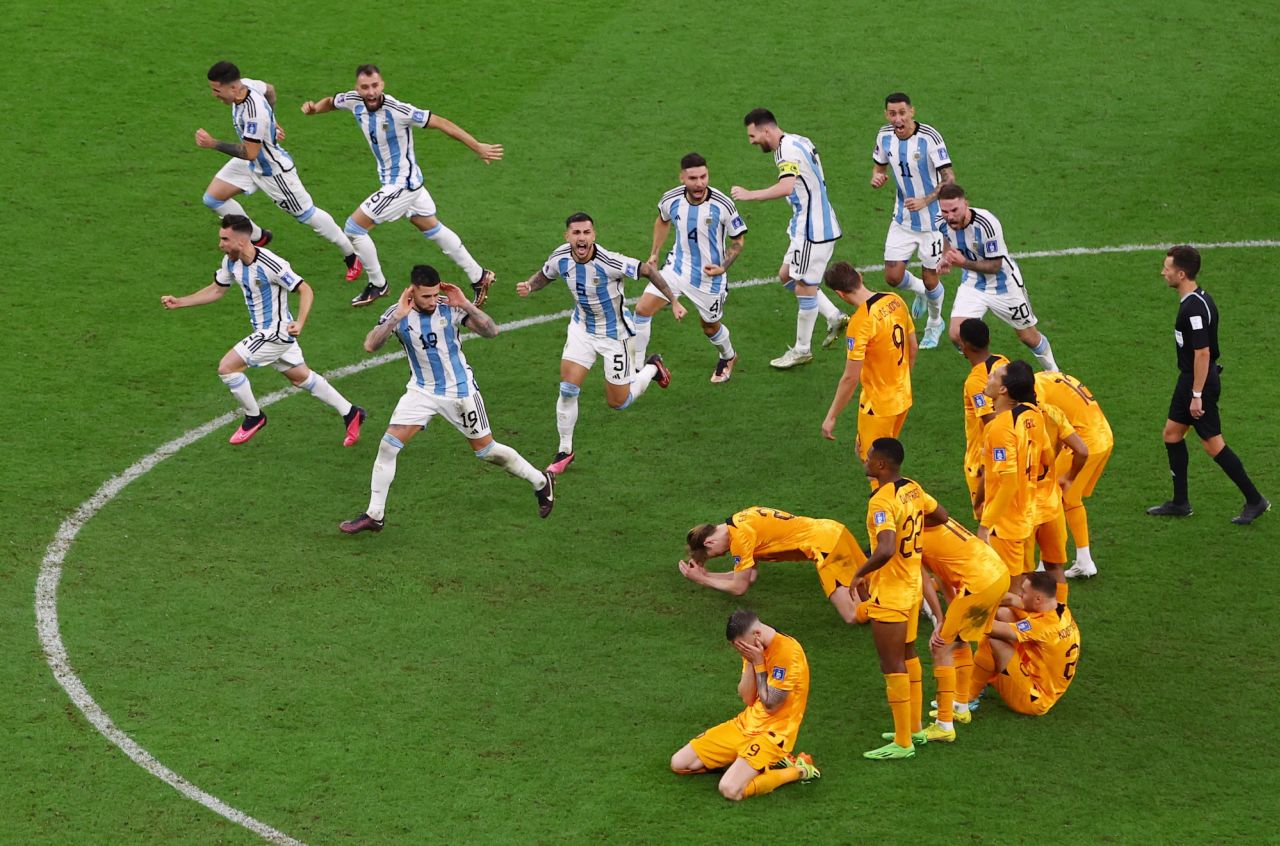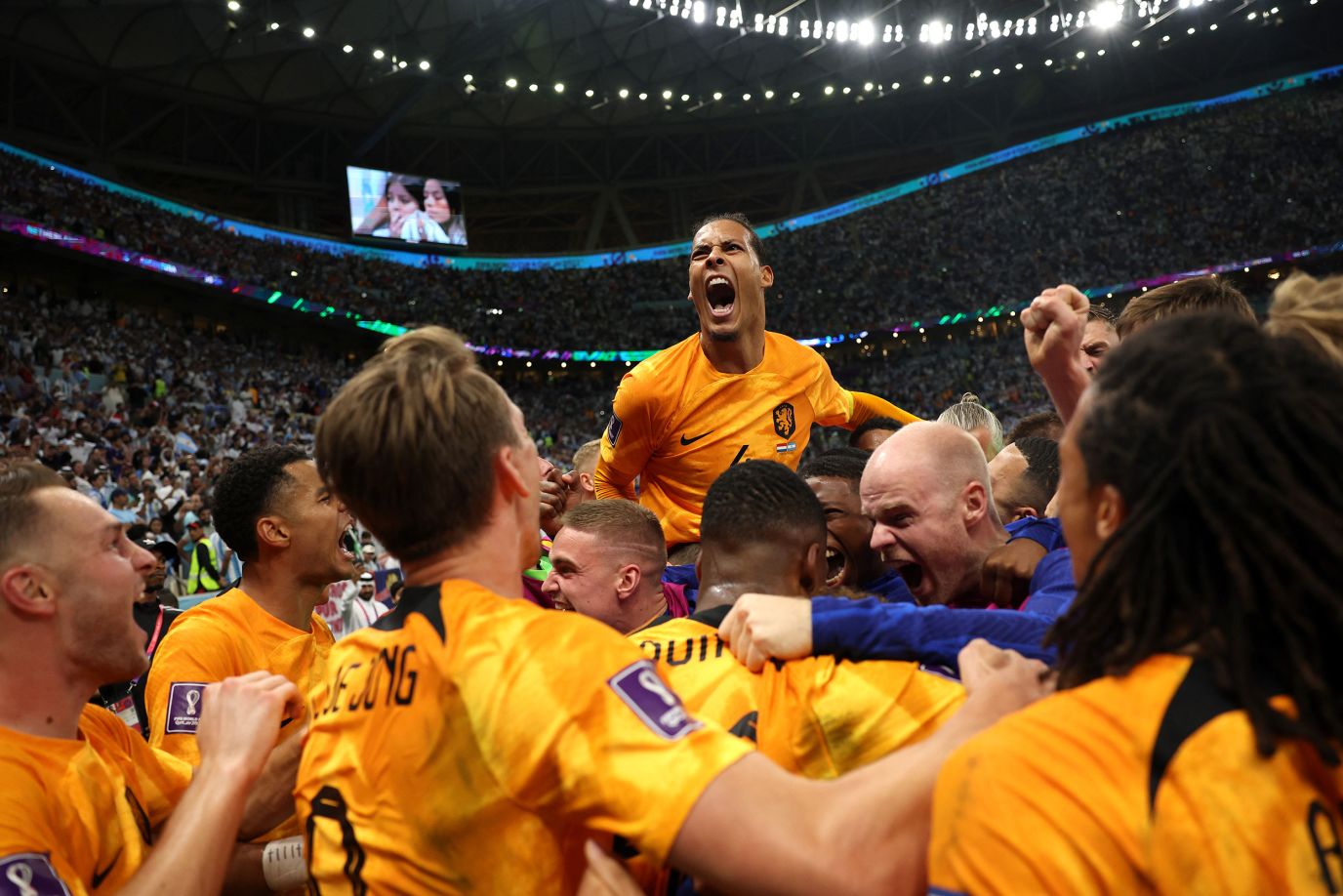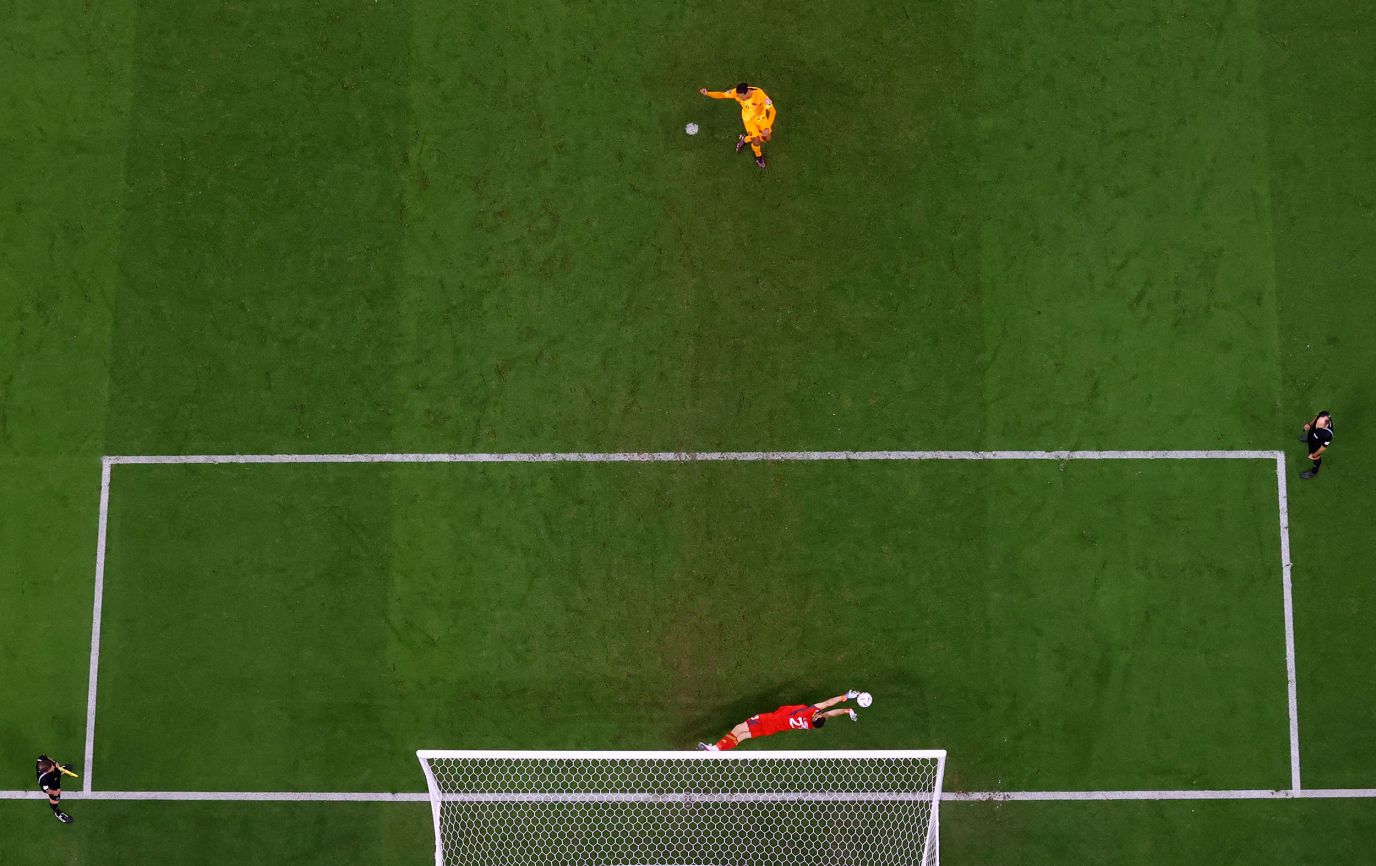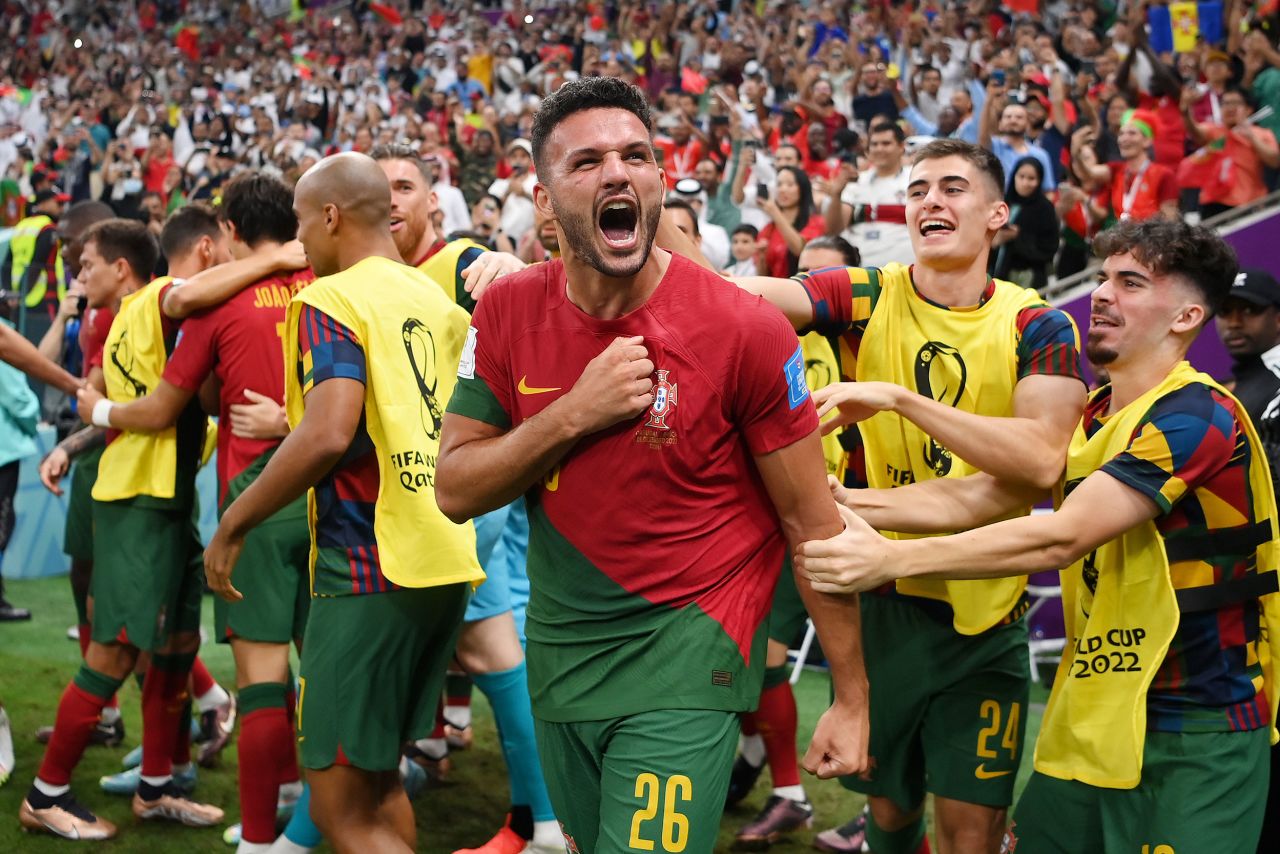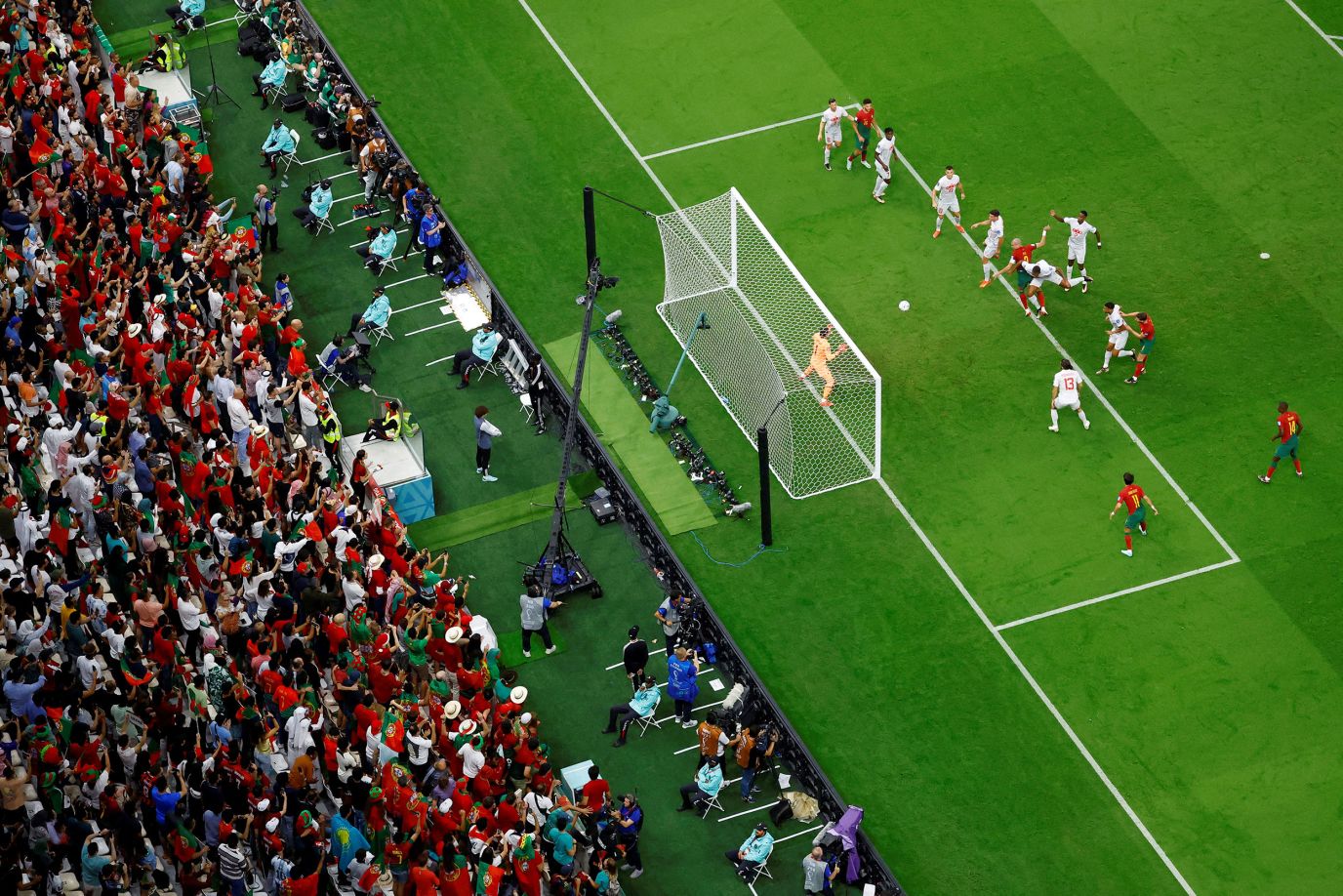
Manchester City against Real Madrid has now become, in the infamous words of ESPN, an “instant classic”, or for those more familiar with the English terminology, a Champions League “darby” of sorts. These two teams have squared off the past 3 years in the Champions League in two-legged affairs. The budding rivalry has been elevated to the highest level because not only are these two teams amongst the top clubs in the world, but because the games that they have played have themselves been of the best technical quality, highly entertaining, and quite dramatic. But what has become the most fascinating facet has been the clash of two radically different football philosophies.
Pep Guardiola’s City is the third-generation or version of the style first introduced in Guardiola’s early years at Barcelona, a team that played a style commonly known then and now as tiki-taka (The Spanish team of the 2008-2012 era, which was heavily populated with Barca players, also was renowned and credited with playing that but the style was nascent in the Cruyff Barcelona Academy system). Guardiola then took that system to Bayern Munich in the early 2010’s and finally to City starting in 2016. Guardiola is known to have distilled tiki-taka into its simplest formula:
“In the world of football, there is only one secret: I’ve got the ball or I haven’t.”
Guardiola’s teams throughout the years have perfected the left-hand part of the equation in his succinct statement to the point that each team, each generation, is substantially better at the art of possession football than its predecessor. They have the ball the most of any team in the modern era and they are able to do that against any team, from the bottom feeders of the EPL to the very best teams of all of Europe. One of the key factors in this strategy is the ability to win the ball back quickly once possession is lost. This has the effect of not only demoralizing the opposition but more importantly, inducing huge levels of physical and mental fatigue as it forces them to play defense not only for a majority of the game but also for long stretches of time (i.e. minutes) during the game. Guardiola’s teams vaunted high press defensive techniques are just as important of an ingredient to the success of the style, albeit not as aesthetically pleasing, and hence not as glorified.
So what to do if you’re up against a team of City’s caliber ? They are going to have the ball the majority of the time so your only option is to low-press, which is colloquially known as “parking the bus.” It is not a tactic that teams wish to employ (well unless you’re Italian and love catenaccio). It is a tactic that is forced upon them by the quality of the opposition. City imposes its will on you to the point that this becomes your only resource.
But as with any tactic there is a counter tactic. City’s ever increasing dominance of possession over the years has forced teams to retrench farther and farther back into their own goal, thus shrinking the available field of play. Teams used to play defense in their own half, a distant luxury as City presses further and further upfield with their vaunted possession; nowadays it is common for defenses to pack inside of a 30 to 35 yard box from their own goal-line. This counter tactic has now forced City to try to create offense in ever shrinking real estate than ever before. The other aspects of tiki-taka, the false 9 and positional play, tend to have diminishing results as the space in which you are forced to operate is reduced. When playing teams of substantially lesser abilities, which really, in this context, means a less cohesive defensive shape and the ability of its players to adhere to it, City is able to eventually break teams down and win at a high percentage.
Real’s counter was to exploit the high-press with lightning quick counter-attacks with passes over the high-press into space where one of their two speedy and highly-skilled front-runners, Vinny or Rodrygo could run onto the ball and hold it long enough while being defended by more than one player, and then find an open teammate deep in City territory to create opportunities.
Both goals were perfect examples of each team’s brilliantly planned tactics. Real, knowing that they had to score on City’s ground, got their goal early (12’). Carvajal’s long high pass went to Jude Bellingham, who controlled it deftly deep into City territory and away from the press. Bellingham initiated a passing sequence that went through Valverde, then Vinnie, before the latter’s cross found Rodrygo open in the middle, who scored on a second bite of the cherry after Ederson saved his initial shot. After that it was all City the rest of the game. City generated shot after shot (33 total), corner after corner (18 total), before Kevin DeBruyne (76’) got a hold of a weak clearance from Ruddiger, took a little subtle touch (no panic on his part) before roofing into the net.
The game, thus, had gone according to the master plan. City attacked constantly, and Madrid generated enough counters to keep the encounter honest. After DeBruyne’s goal, it seemed like Real would crack, until they didn’t. DeBruyne missed a second clear opportunity minutes after his goal that would have sealed the deal but he put it just high. Madrid survived the onslaught (48 defensive clearances !) not only during regulation but also for the extra time. Their goal, to get the game to the penalties, had been achieved.
In the six games that these two teams played over the past 3 years, Real was the perfect foil to City style. City would get goals but not in the numbers required to win outright. (The only exception to that was in the second leg at the semi-final stage in 2023 when City thumped Real by a 4-0 scoreline that was as dominant a performance that one elite team has put on another in recent memory.) In this last game, City couldn’t win in regulation and was forced to try its luck in the penalty kicks.
City’s two misses in the penalty shootout was its undoing. Madrid’s Modric was the only Merengue to miss. That slimmest of margins was the difference.
Was City the best team ? Undoubtedly. The data doesn’t lie. But Real did just enough to move on yet again. This is the sixth time that Madrid has eliminated City, twice as much as any other team.
I’m sure another chapter of this instant classic rivalry will play out again next year.
Penalty Kicks:
To the soccer aesthete, the difference between City and Real (or is it City versus any opponent ?) is a matter of style. On the one hand is possession football at its finest: the ability of a team to hold on to the ball for extended possession in compressed space, string together tens of passes per offensive possession, swing the ball around the perimeter of the defense at will, create overloads and mismatches, generate shots and corner kicks ? Or, on the other hand, is counter-attacking football more to your taste: the ability of a team to defend fiercely and then when given the chance to strike back quickly, effectively, and efficiently (i.e. create scoring chances or score outright). It is a matter of do you enjoy a team’s ability to compress footballing space, or do you enjoy a team’s ability to explode into vacant space. I personally am awestruck by the former, but enjoy and celebrate the latter.
What is going with Halland on this team ? I’ve alluded to this before, but after this game I feel even more assured that The Terminator is a misfit for this style. Before City, Halland was well known for his explosions into enemy territory, using his amazing pace and power to beat opponents and score amazing goals. In this scheme, he hardly touches the ball. He seems relegated to trying to score with his head (he did hit the crossbar once today) or cleaning up on rebounds. On a team of creators, he is the least creative of forces. If you click on the Passes Tab in the “theanalyst.com” site below, you’ll see Halland (#9) on a bubble by himself, disconnected from the rest of the team, all of whose players are connected by a full mesh of passing links.
The answer I think, in the context of what was previously stated, is that Halland is a better player when he’s exploding into empty spaces, where he can use his amazing pace and finishing ability, rather than operating in compressed spaces, where defenders are more efficient against him by being able to be more physical and better able to defend his limited dribbling ability. Hence, he’s limited to headers and cleaning up rebounds and deflections.
Reference:


